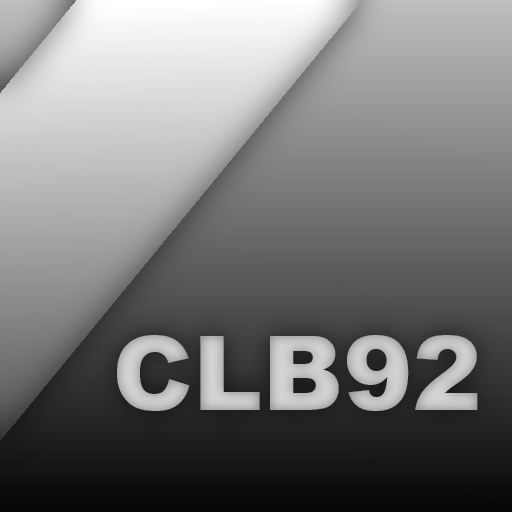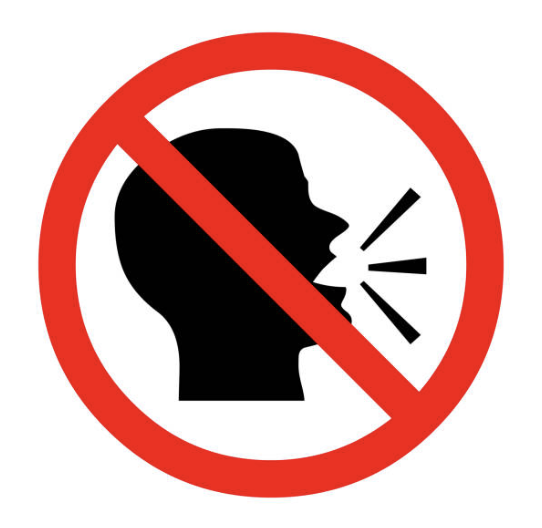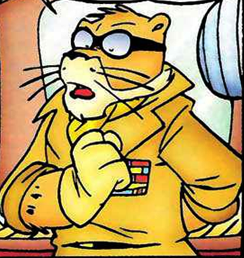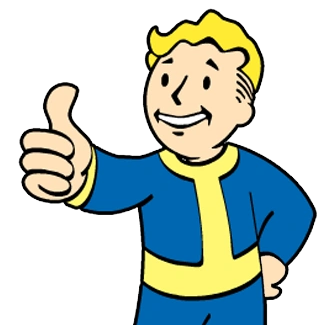Don’t really know how to explain this. I like sci fi and would love to dig deeper into it. Am avid reader and enjoyed Project Hail Mary (though set in space, this book is just amazing), Dune, short stories by Ray Bradbury and TV shows like Raised by the Wolves, Westworld, From (love From!). But e.g. Foundation I really disliked. Wheel of time is massive and I lost interest. Even the guide through galaxy I appreciated but was not really into it. Somehow, all those lots of traveling, lots of worlds, lots of many novel/invented names and terms render reading laborious for me.
Can you help me pin what is that I like and perhaps offer me a suggestion where to start? Thanks!
EDIT: thanks everyone for your excellent suggestions! So happy to be a part of lemmy community. I might make a follow up thread in couple of months so we can discuss some of the works. And lastly, if you been reading this far: have a good weekend.
How about The Expanse or The Martian? They’re both relatively hard sci-fi that focuses mostly on our own solar system.
The Martian tells the tale of a man stuck on Mars and his ability to survive on his own whilst those back on Earth figure out a way to get him back. Both the book and the film are great so you can’t go wrong with either.
The Expanse covers more of the local system. Earth and Mars are on the brink of war, whilst others live out near the asteroid belt, Jupiter and beyond. It goes a little sci-fi later on but it’s an inherently human story that has some great characters living in a time when space travel is still dangerous but achievable by humanity. It starts a little slow but ramps up brilliantly and has a nice conclusion that wraps everything up pretty neatly. You’ve got 9+ books, a 6 season TV series on Amazon Prime, and a newly released TellTale video game, all of which are well produced and worth investing time in.
The Martian I am saving as one of those cannot go wrong books, in case i ever run into reading blockage. But Expanse i didn’t check out. Will do now. Thanks
My immediate thought was Expanse too. A fairly manageable scale to everything, for the most part, with space travel within relatively strict bounds.
Dune is an example of massive world-building with a tons of jargon, but you still liked it? It seems that this post is saying you don’t like books like Dune, so how did you manage to enjoy it?
It sounds to me like while OP can absolutely enjoy longer, more complex works, they can prove daunting and time consuming, so they’re looking for shorter and more straightforward stories.
Maybe I’m casting my own experiences onto this, but I know that’s a feeling I get too, especially with some video games. Some of my favorites are 200+ hours of meticulous exploration and grinding, but I rarely find myself with the energy to engage with journeys of this magnitude, so I usually gravitate more towards shorter stuff.
Exactly this. Thank you. :)
You do know nothing is black and white in life, right?
Anyways, I wouldn’t put Dune as my 5* read, but I did enjoy it. I only read the main part of the main Dune book, not the whole series, prequels etc. Also, it is mainly set on one planet.
I don’t blame you for not reading the rest of the Dune series, it wasn’t my cup of tea, either, but why don’t you watch a movie or something if you don’t want to actually read a book?
Have you tried Asimov’s short stories? ‘I, Robot’ is mostly logic problems presented in a dramatic way. Good read.
I haven’t. I thought I wasn’t really into short stories… Till I discovered Ray Bradbury. Now I am very much into short stories. So will give Asimov a try for sure.
Try the short story The Machine Stops by E. M. Forster.
VERY different genre, but if you’re digging short stories, i really dig earnest hemmingway’s stuff.
Philip K Dick, too. You’ll be amazed at how many movies his short stories and novellas have been adapted into.
Try some cyberpunk stuff, it’s great “local” sci-fi, with hardly any of that muck you don’t like.
“Neuromancer” - William Gibson
“Snow Crash” - Neal Stephenson
“Do Androids Dream of Electric Sheep?” - Philip K DickWhy is it always those 3? Is there no other cyberpunk books people read? They are very heavy reads. Heres a few “mediocre” cyberpunk books I found entertaining, everyone takes place on earth:
- “A cyberpunk saga” by Matthew Goodwin, if you prefer teamwork and strong friendship. And a VERY stereotypical cyberpunk world.
- “Daemon” by Daniel Suarez, a techno triller, if you enjoy overly “smart” villains who think multiple moves ahead.
- “Immortality Upload” by Patrick Fell, if you like MMOs and VR.
- “Neo Cyberpunk”, a genre anthology book. Multiple short stories. I found Matthew Goodwins books because I enjoyed his short story.
I just read Nexus, which is called post cyberpunk.
I assume its this one by Ramez Naam? Looks cool.
Yes, that’s it
It’s really good, especially if you like technothrillers.
Even better, The Big Book of Cyberpunk comes out next month.
Cool! Thanks for the tip, choomba!
I suggest Becky Chambers, The Long Way to a Small, Angry Planet. The whole series is good but each is stand alone. There is a world and it’s in space but the stories are people scale.
Love that cozy sci-fi. The Last Gifts of the Universe was also really good. Mostly a story about people in space.
I was hoping someone would mention this series!
Seconding Becky Chambers. Her books are more character driven, with lots of development and the plot advances around the characters.
I’ll throw in Ursula K. Le Guin’s Left Hand of Darkness and The Dispossessed. Both classics that are great page turners. Take place against the backdrop of an intergalactic society but remain focused on singular planets and their societies (well if you include their anarchic moons). Great characters with meaningful relationships. Left Hand has more of an interpersonal focus, Dispossessed more societal, but both amazing in their own way.
deleted by creator
A Canticle for Leibowitz
This is such a good recommendation really, I have to elaborate why: I love The Stand (rebuilding the society), Heart is a Lonely hunter (american southwest) and 1000 years of solitude (story that spans across number of generations). So thanks!
Yes, or for something I enjoyed much more, Anathem by Neal Stephenson.
A great book, but it certainly includes a lot of invented vocabulary to deal with, and the reader is expected to just roll with it and sort the vocabulary out on their own.
deleted by creator
I believe it was advertised as a trilogy before the third book got published. And frankly, third book is written as the final book of a trilogy. The newer books should’ve been a separate saga, and there’s a chance that they were initially planned as such.
I started on the fourth book, it just doesn’t hit quite as well as the first three. I feel perfectly content stopping the series after the third book, it finishes Darrow’s story really well.
deleted by creator
This Is How You Lose the Time War by Amal El-Mohtar and Max Gladstone
Ursula K. Le Guin is an example of a writer that does deep but focused worldbuilding. Her sci-fi books tend to be about a single planet, sometimes two like in The Dispossesed. You could try that one or even better start with The Left Hand of Darkness. I like how she sets up various unusual alien factors (geopolitics, biology, society, natural environments) and lets them interplay but also without forgetting a plot.
She keeps popping up so I think I really have to check her out. :)
Ender’s Game and Speaker for the Dead are both classics with little world building.
Maybe take a look at post apocalyptic sci Fi (https://en.m.wikipedia.org/wiki/Apocalyptic_and_post-apocalyptic_fiction), as it includes a lot of interesting futuristic tech, but it is mostly limited to earth. There’s probably another category where things like blade runner fit too
Hey thanks for this, excellent resource! (Cozy catastrophe is def my new favorite genre name)
If that’s the case, try The Road.
Just finished it a week ago. That prose… From another planet.
He’s so good. Too good - reading Blood Meridian was like having my face dragged across fresh gravel, but in a good way, somehow?
Is really The Road a science fiction book? It is definitely post-apocalyptic, but I don’t remember any sci-fi elements on it.
Solid recommendation though…
I read it as a post apocalyptic story, but I think mcarthy described it as a near future, non specific “ecological catastrophe,” which retrospectively recolored the story for me - tipped it from “The Walking Dead, except people” to “cautionary/exploratory speculative fiction on human survival in the face of collapse,” for me
Try Paolo Bacigalupi. The Water Knife and The Windup Girl are pretty rad.
The Three Body Problem trilogy, especially the first two books.
Trying to avoid too many spoilers, the first book is about a Chinese scientist investigating a mysterious threat. It’s not too heavy on world building, and it’s set on present day earth.
Second book, The Dark Forest, is about how this impossible threat is dealt with, and I think it’s one of the most fascinating things I’ve read.
I think the third book, Death’s End, went overboard quite a bit, but it’s still a good one.
I’m surprised no one has mentioned The Culture series by Iain M. banks. Much like Dune there is a ton of world building that occurs in the novels but it’s not the focus of any one novel. You can read them independently and still enjoy them. The concepts he tackles in the novels were way ahead of their time and his prose and s second to none. The novel Consider Phlebas is typically where most people start, but I started The Player of Games.
Seconding The Player of Games as the place to start in the Culture novels, although there is notably a lot of space travel in the Culture series overall which might be why people are avoiding them for this request. But 100% worth giving TPoG a read, for sure - and it in particular has no space travel past the opening, iirc.
Against a Dark Background from Banks is good too, much less space travel, a very adventurous plot and worldbuilding which is dense but doesn’t overtake the book.
Red rising















